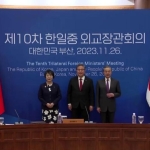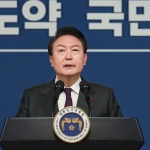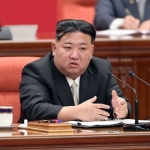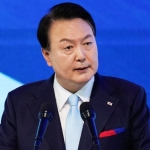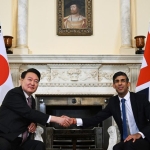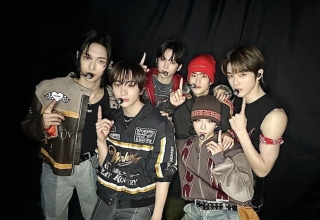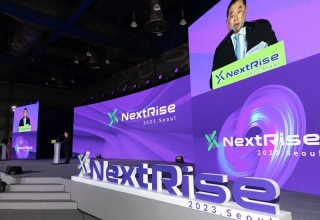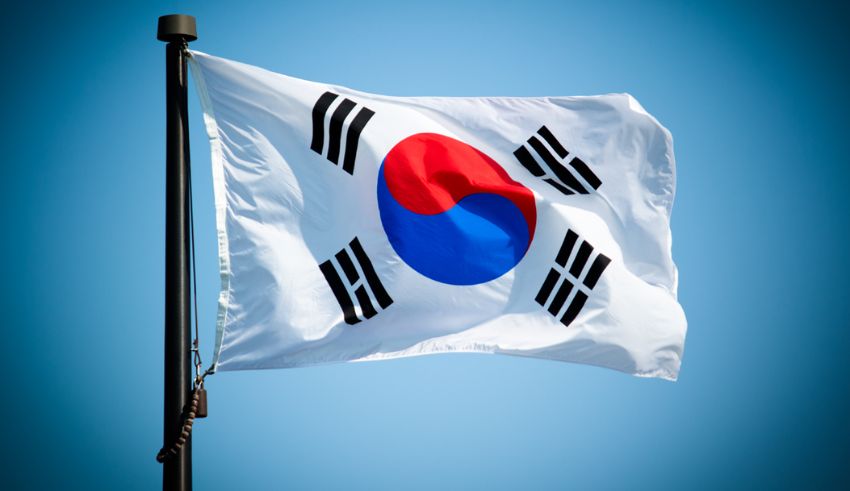
In recent years, documentaries on Korea’s ex-presidents have become a popular and influential genre in the Korean film industry.
These documentaries aim to shed light on the lives and legacies of the former leaders, who shaped the history and politics of the country, and to offer new perspectives and insights on their achievements and controversies. However, these documentaries also face challenges and criticisms, as they are often accused of being biased, selective, or sensationalized, and of affecting or interfering with the current political situation and public opinion.
The Examples and Features
Some of the examples and features of the documentaries on Korea’s ex-presidents are:
- The Birth of Korea: This documentary, released in February 2024, focuses on Syngman Rhee, the first president of South Korea, who led the country from 1948 to 1960. The documentary highlights Rhee’s efforts and sacrifices to establish and defend the Republic of Korea, amid the Korean War, the Cold War, and the domestic turmoil. The documentary also acknowledges Rhee’s flaws and failures, such as his authoritarian and corrupt rule, and his unpopular policies and decisions.
- Kim Dae-jung on the Road: This documentary, released in January 2024, commemorates the 100th anniversary of the birth of Kim Dae-jung, the 15th president of South Korea, who led the country from 1998 to 2003. The documentary traces Kim’s journey from a young activist and politician, to a Nobel Peace Prize laureate and a global leader. The documentary also explores Kim’s challenges and dilemmas, such as his clashes with the military regimes, his reconciliation with North Korea, and his involvement in the corruption scandals.
- The President’s Last Bang: This documentary, released in December 2023, revisits the assassination of Park Chung-hee, the third president of South Korea, who led the country from 1961 to 1979. The documentary reconstructs the events and motives of the coup d’etat, led by Park’s chief of security, Kim Jae-gyu, who shot and killed Park and his chief bodyguard at a dinner party. The documentary also examines the aftermath and implications of the incident, such as the political and social turmoil, the trial and execution of the conspirators, and the legacy and controversy of Park’s regime.
Keep Reading
The Impacts and Issues
The impacts and issues of the documentaries on Korea’s ex-presidents are:
- The impacts: The documentaries have attracted and engaged a large and diverse audience, who are interested and curious about the history and politics of Korea, and who seek to learn and understand more about the former leaders and their roles and contributions. The documentaries have also stimulated and provoked a lively and heated debate and discussion, among the experts and the public, who have different and conflicting views and opinions on the former leaders and their merits and demerits.
- The issues: The documentaries have also faced and raised some issues and challenges, such as the accuracy and reliability of the sources and information, the balance and objectivity of the perspectives and interpretations, and the influence and interference of the agendas and interests of the filmmakers and the stakeholders. The documentaries have also been criticized and questioned for their timing and relevance, as some of them have been released or planned to be released before or during the election seasons, which may affect or manipulate the voters and the candidates.
Documentaries on Korea’s ex-presidents are a fascinating and influential genre that can offer a valuable and meaningful insight into the history and politics of Korea, and into the lives and legacies of the former leaders. However, these documentaries also need to be careful and responsible, and to adhere to the standards and ethics of the documentary filmmaking, and to respect and reflect the diversity and complexity of the reality and the society.
